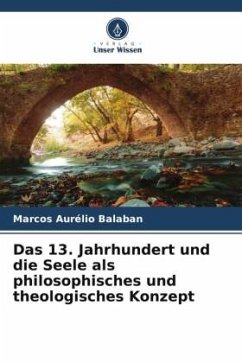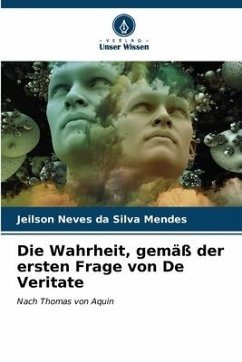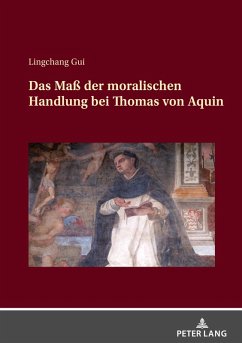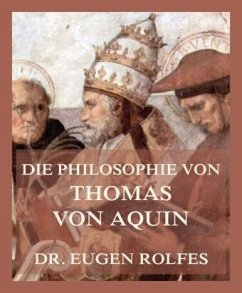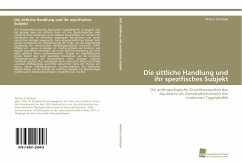Nicht lieferbar
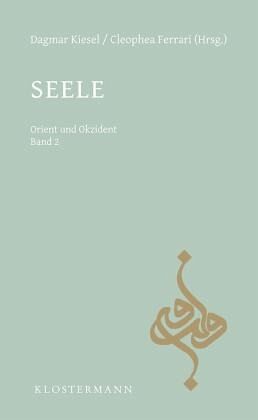
Seele
Versandkostenfrei!
Nicht lieferbar
Gemäß der Intention der Reihe "Orient und Okzident" steht die Darstellung und Analyse der mannigfaltigen Vernetzung beider Kulturräume von der Antike bis zur Gegenwart im Fokus. Das philosophiegeschichtliche und systematische Band, welches das Gros der Beiträge eint, ist der gemeinsame Bezug der diskutierten Denker (darunter al-Farabi, Avicenna und Thomas von Aquin) auf den Seelenbegriff des Aristoteles. Dabei stellt die aristotelische Seelenlehre in "De anima" die Basis für die nachfolgende islamisch-arabische und christliche Debatte zum Seelenbegriff dar. Die religiös-dogmatisch beding...
Gemäß der Intention der Reihe "Orient und Okzident" steht die Darstellung und Analyse der mannigfaltigen Vernetzung beider Kulturräume von der Antike bis zur Gegenwart im Fokus. Das philosophiegeschichtliche und systematische Band, welches das Gros der Beiträge eint, ist der gemeinsame Bezug der diskutierten Denker (darunter al-Farabi, Avicenna und Thomas von Aquin) auf den Seelenbegriff des Aristoteles. Dabei stellt die aristotelische Seelenlehre in "De anima" die Basis für die nachfolgende islamisch-arabische und christliche Debatte zum Seelenbegriff dar. Die religiös-dogmatisch bedingten Differenzen im Seelenkonzept mittelalterlicher islamischer und christlicher Autoren werden dabei ebenso berücksichtigt wie die historische Perspektive, welche die wechselseitige Befruchtung mittelalterlicher, neuzeitlicher und zeitgenössischer Diskussionen deutlich macht.As in the other volumes in the series "Orient and Occident", the focus is on the presentation and analysis of the manifold interconnectedness of the two cultural areas from antiquity to the present. It is Aristotle´s concept of the soul and the seminal importance of this concept for the medieval philosophers under discussion (including al-Farabi, Avicenna and Thomas Aquinas) which forms the philosophical-historical and systematic tie uniting the majority of the contributions. The Aristotelian doctrine of the soul in "De anima" constitutes the basis for the subsequent Islamic-Arab and Christian debate on the concept of the soul. Religious-dogmatic differences in the conception of the soul between medieval Islamic and Christian authors are taken into account, while the historical perspective lays open the reciprocal impact of medieval, modern and contemporary discussions.




